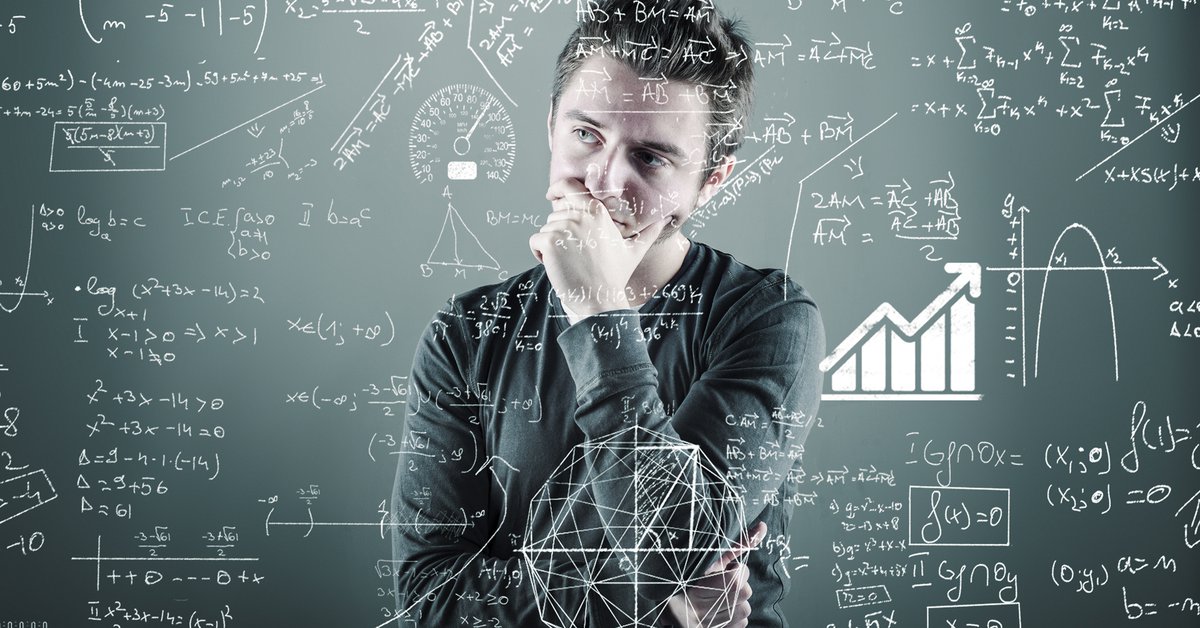Mathematical Reasoning
Mathematical logic is a branch of mathematics that explores the formal systems used in reasoning and mathematics itself. It delves into the foundations of mathematics, seeking to understand the structure of mathematical reasoning, the nature of mathematical truth, and the limits of what can be proven. At its core, mathematical logic provides the tools and frameworks for rigorous mathematical reasoning, formalizing concepts, and ensuring precision in mathematical discourse.

Mathematical logic is a branch of mathematics that explores the formal systems used in reasoning and mathematics itself. It delves into the foundations of mathematics, seeking to understand the structure of mathematical reasoning, the nature of mathematical truth, and the limits of what can be proven. At its core, mathematical logic provides the tools and frameworks for rigorous mathematical reasoning, formalizing concepts, and ensuring precision in mathematical discourse.
One of the fundamental pillars of mathematical logic is propositional logic, which deals with propositions (statements that are either true or false) and their logical relationships. In propositional logic, propositions are combined using logical connectives such as AND, OR, NOT, and IMPLIES. This allows for the construction of complex logical statements that can be analyzed and evaluated systematically. For example, the statement "If it is raining, then the ground is wet" can be formalized in propositional logic as P→QP \rightarrow QP→Q, where PPP represents "It is raining" and QQQ represents "The ground is wet".
Predicate logic, also known as first-order logic, extends propositional logic by introducing variables, quantifiers (such as ∀ for "for all" and ∃ for "there exists"), and predicates (functions that depend on one or more variables). Predicate logic enables the formalization of statements about objects and their properties, relationships, and behaviors. It allows for precise reasoning about mathematical structures, such as sets, functions, and numbers. For example, the statement "For all natural numbers nnn, nnn is greater than 0" can be expressed in predicate logic as ∀n∈N,n>0\forall n \in \mathbb{N}, n > 0∀n∈N,n>0.
Set theory is closely intertwined with mathematical logic, providing the foundational framework for mathematics. Set theory formalizes the concept of collections of objects (sets) and explores their properties, operations, and relationships. In set theory, logical principles such as union, intersection, complement, and subset are rigorously defined using logical notation. Set theory also serves as the basis for defining numbers, functions, and other mathematical structures within a formal logical framework.
Model theory is another major branch of mathematical logic that studies the relationships between formal theories and their interpretations, known as models. In model theory, mathematical structures are examined in terms of their underlying logical properties and relationships. Model theory investigates questions of consistency, completeness, and decidability within formal systems, providing insights into the limits of mathematical reasoning and the expressiveness of formal languages.
Proof theory focuses on the study of formal proofs within mathematical systems. It seeks to establish rules and methods for constructing and verifying proofs, ensuring their correctness and validity. Proof theory explores questions of decidability (whether a statement can be proven or disproven within a given system), consistency (whether a system is free from contradictions), and completeness (whether all true statements can be proven within a system). Key developments in proof theory include Gödel's incompleteness theorems, which showed that certain statements in formal systems may be undecidable or unprovable.
Computability theory, also known as recursion theory, examines the concept of computability and the limits of what can be computed algorithmically. It explores the theoretical foundations of computation, addressing questions such as which problems are solvable by algorithms, the existence of universal computing machines (Turing machines), and the classification of problems based on their computational complexity. Computability theory provides fundamental insights into the nature of computation and its relationship to mathematical logic.
Mathematical logic in practice extends beyond foundational research to practical applications in computer science, artificial intelligence, and software engineering. Formal methods, based on principles of mathematical logic, are used to verify the correctness of software and hardware systems, ensuring reliability and safety in critical applications. Automated theorem proving techniques, rooted in mathematical logic, are employed to discover and prove mathematical theorems, verify correctness of algorithms, and reason about complex systems.
In conclusion, mathematical logic is a rich and diverse field that underpins the rigorous development of mathematics and provides the formal frameworks for reasoning, proof, and computation. It explores fundamental questions about the nature of mathematical truth, the structure of formal systems, and the limits of what can be known and proven. Through its various branches and applications, mathematical logic continues to shape our understanding of mathematics and its role in advancing knowledge and technology